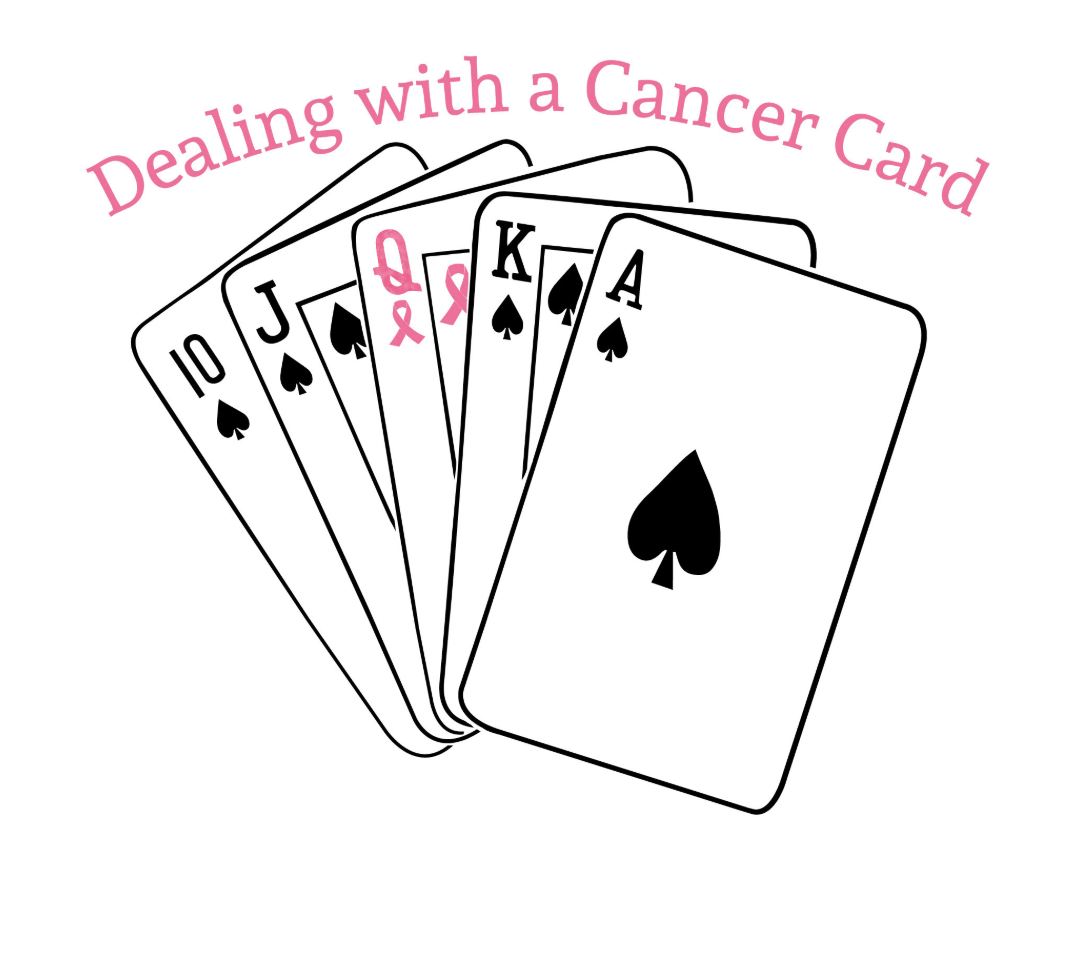
When you have people in your household who are old enough to read and to answer the phone, you train them to pick up the phone if it is the hospital calling. Regardless of who calls from the hospital where I’m receiving treatment, it shows up as one central number. Sometimes it’s a computer with an auto-reminder call, sometimes it’s a human with a reminder call, sometimes it’s scheduling, and sometimes it’s the doctor. That was the case Thursday night.
My oncologist called to let me know that a new medicine called Kadcyla was approved by the FDA. The medicine can only be used for those who are HER2+ (check), who received Herceptin & a taxane chemotherapy before surgery (check), and residual cancer cells post-surgery (check). This particular drug has two medicines in it – Herceptin, which finds the HER2+ protein, and emtansine, which disrupts cell growth.
He shared that the drug was given to women with metastatic breast cancer and went through a clinical trial called KATHERINE. He emphasized that this is not a clinical trial, but that the study compared women who received Herceptin and Kadcyla. Three years later, researchers found that 77% of those in the Herceptin were cancer free while 88% of those in the Kadcyla group cancer free. The chance of the cancer coming back was lowered by 50% for those received Kadcyla.
He explained that this will be the new standard of care for cases like mine instead of Herceptin because of the differences on outcomes.
The doctor said that he’d like to start me on Kadcyla the next time at my next treatment and asked, “What do you think?”
I wasn’t sure if what I was supposed to say, because he’s the doctor and the study clearly shows that this drug has better outcomes than what I was currently receiving. So, I told him, “Sign me up for the medicine that’s going to keep me alive the longest.” He told me to expect a little longer of an infusion appointment and told me he’d see me at my next regularly scheduled appointment.
I immediately went to the drug manufacturer’s to read up on Kadcyla and what to expect. Except, I didn’t see anything for early breast cancer, and he said this was out of clinical trials.
I next went to the KATHERINE trial to learn more about the drug, reactions, and how it is given. I didn’t seen anything on breastcancer.org either. Being that my cancer care is taking place at an academic hospital, I know they’re not going to give me anything without evidence-based research to back it up. If the oncologist is on board, then so am I.
The next day, on May 3, the FDA announced the approval of Kadcyla for early stage breast cancer. By Monday, May 6, the Kadcyla website was updated to reflect the usage for both metastatic and early stage breast cancer.





